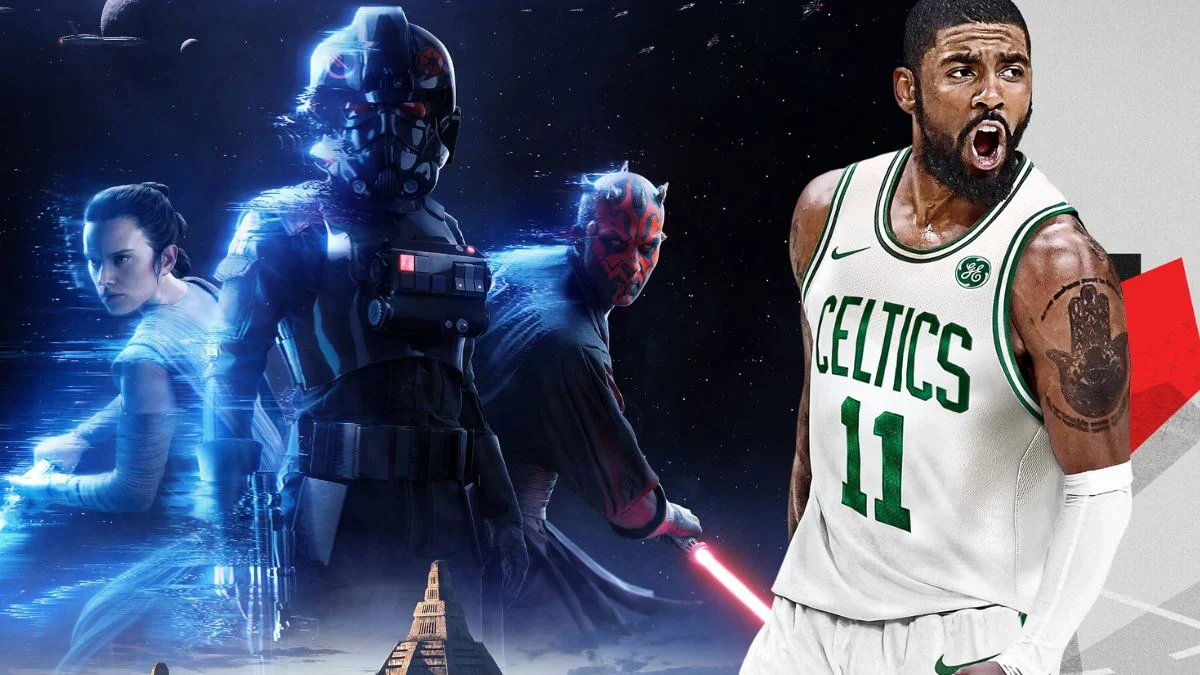
Players are usually understanding about glitches or imbalances, but when a game becomes “pay to win,” it can quickly ruin everything. If developers let players who spend money gain a significant advantage, it often destroys the community, alienates dedicated fans, and makes it very difficult for the game to bounce back.
‘Dungeon Keeper’
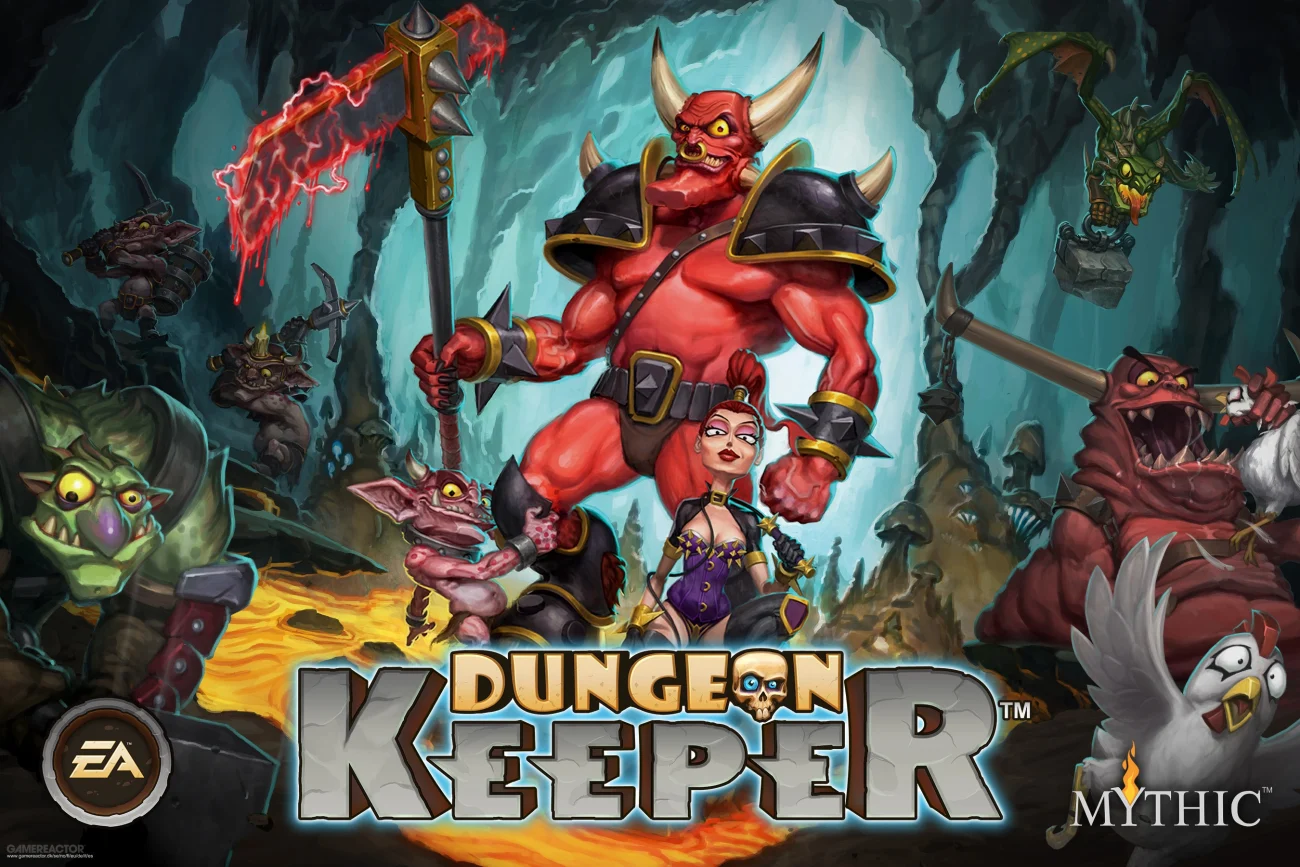
As a longtime player, I was really disappointed with the mobile version. They added timers that basically forced you to pay to keep playing, or progress would grind to a halt. It got to the point where even basic things like building or digging felt impossible without spending real money. A lot of us fans immediately spoke up about how aggressively the game was pushing microtransactions, and honestly, it drove a lot of people away. It was a real shame to see so many players leave.
‘Star Wars Battlefront II’

When the game first came out, it included loot boxes that gave players an edge in online matches. These boxes contained powerful upgrades and abilities, but were purchased with real money, meaning some players had a significant advantage over others. This caused a lot of criticism, as it felt unfair, and ultimately led to the developers making big changes to the game’s design, though not before the initial problems had already occurred.
‘Clash of Clans’
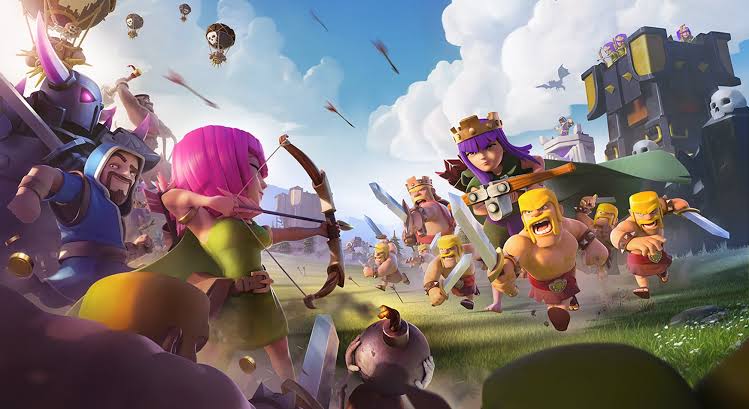
Later versions of the game started to strongly encourage players to spend money to advance. It took a very long time to upgrade things unless you purchased special in-game currency. This meant that in competitive clan battles, players who spent money to quickly strengthen their armies had a significant advantage, and many players who didn’t spend money felt like they couldn’t keep up.
‘NBA 2K18’

The game started encouraging players to spend real money on virtual currency, which made it much easier to improve their characters quickly. Without spending money, progress became very slow, and key parts of the game felt locked behind a paywall. This meant players either had to spend money or face a repetitive and frustrating experience.
‘Warframe’
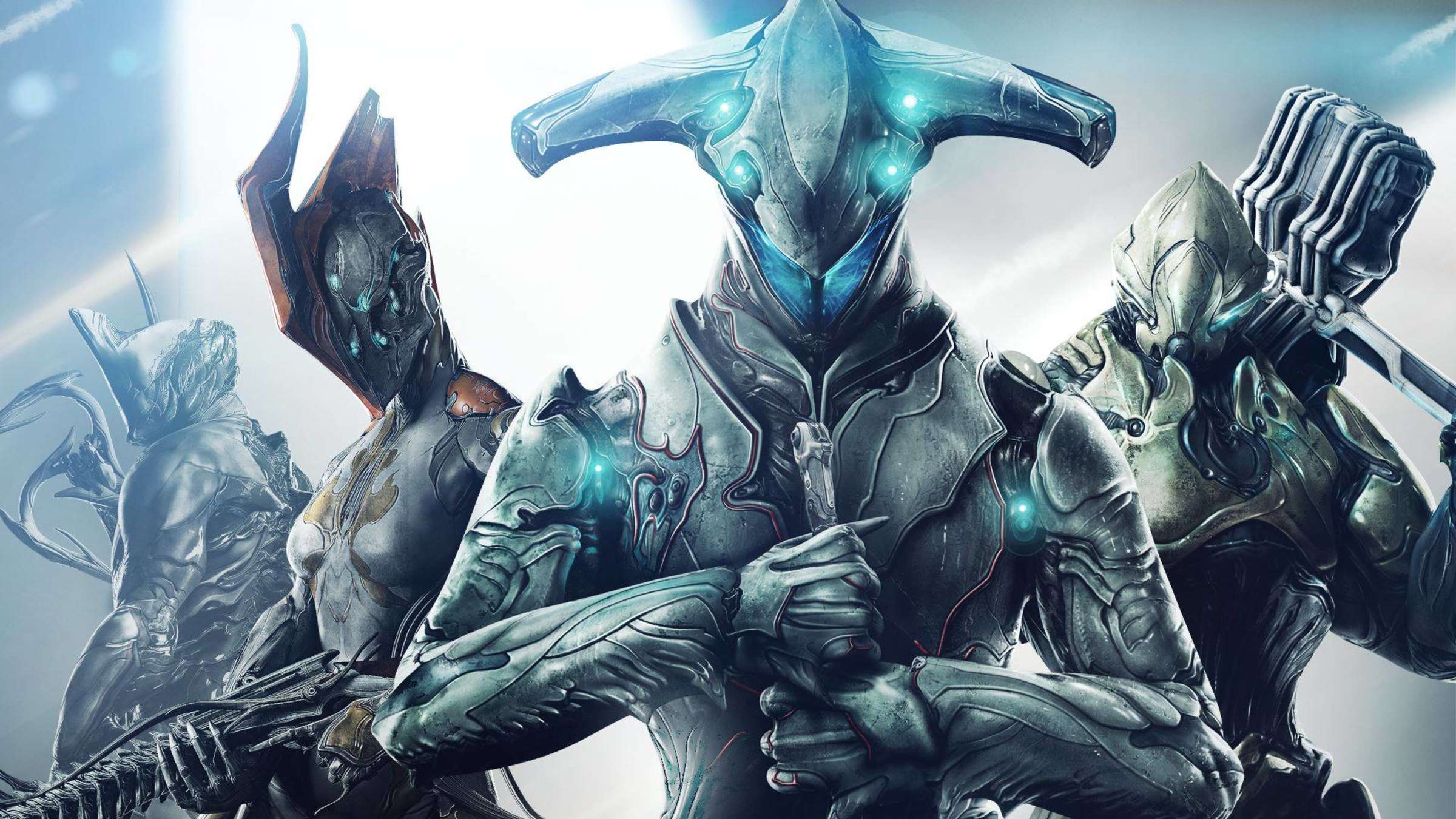
A recent game update linked strong items to lengthy crafting times, but players could speed things up by spending money. This frustrated many, as it felt like they were being pushed to spend money instead of using the game’s crafting features. The change caused a lot of debate about fairness, and the developers eventually revised the system in response to player feedback.
‘FIFA Ultimate Team’
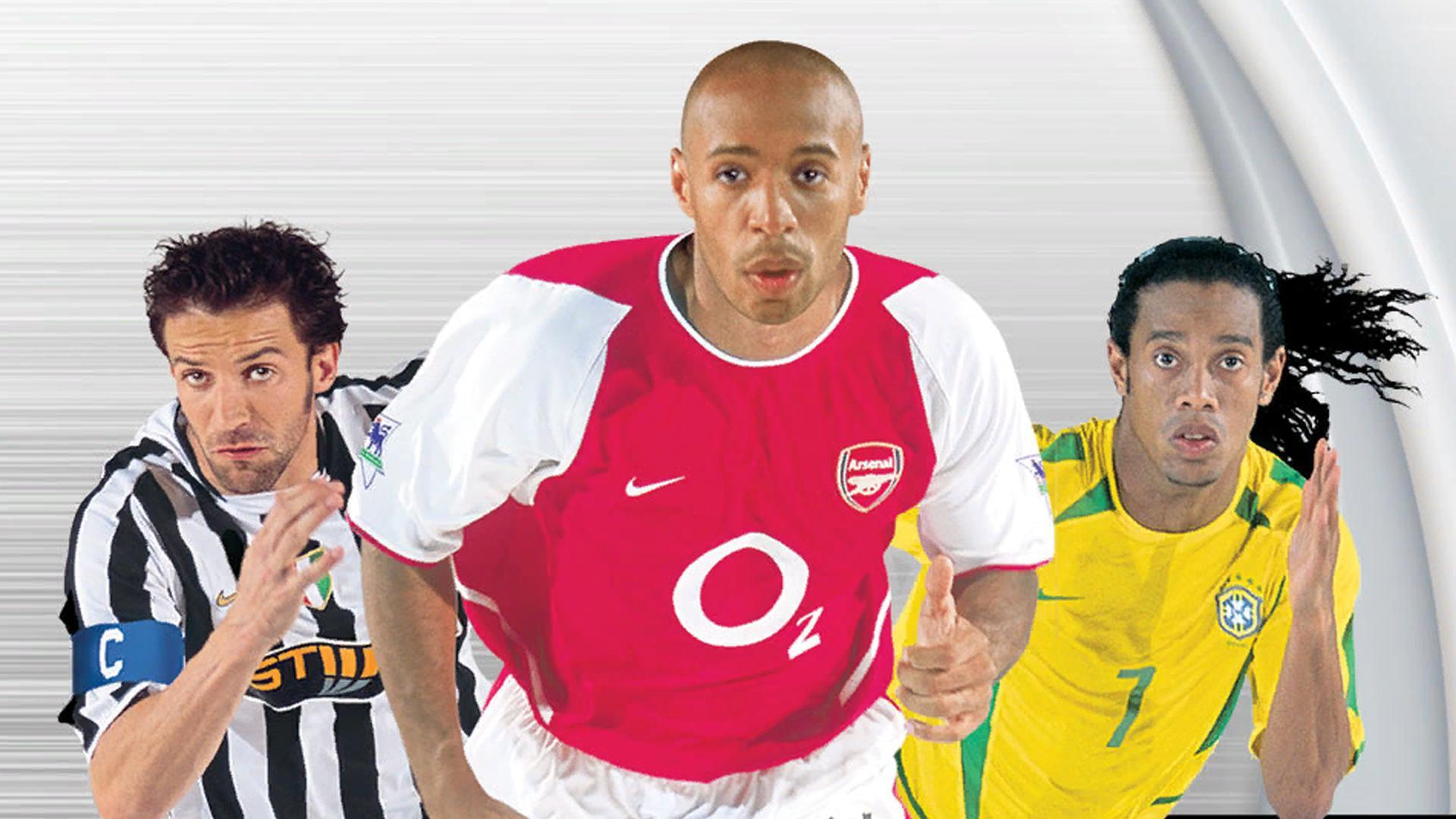
As a player, it really felt like you had to spend money to get a decent team. The best squads in competitive play were almost always built by people who’d spent a ton on card packs. It got to the point where I, and a lot of others, felt like unless you were willing to pay, you just couldn’t compete at a high level. And honestly, it seemed like the game was designed to push us to spend more and more money every year.
‘The Lord of the Rings: Rise to War’
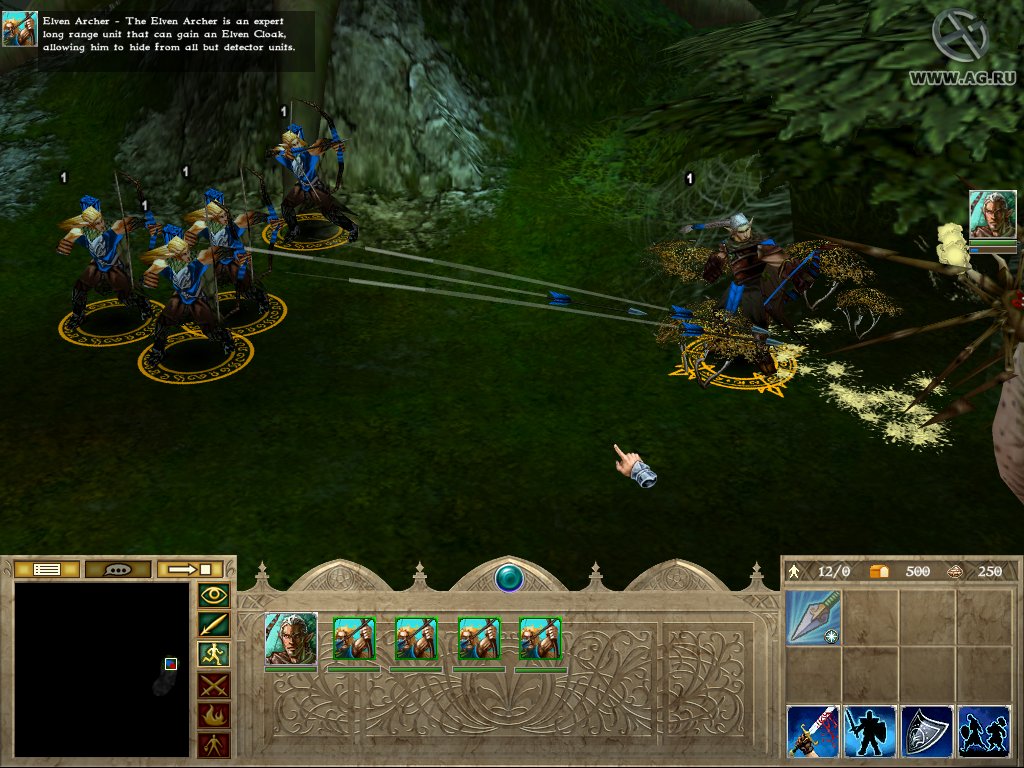
As a player, it was frustrating to see how much the game relied on paying to get ahead. The best commanders and upgrades were mostly locked behind those loot boxes, and it quickly became a real problem. If you didn’t spend money, you just couldn’t compete in the big territory battles. Soon, only the players who were willing to spend a lot could really be competitive, and my guild – and a lot of others, honestly – started losing long-time members because of it. It just wasn’t fun when you felt so far behind unless you paid to win.
‘Mobile Legends: Bang Bang’
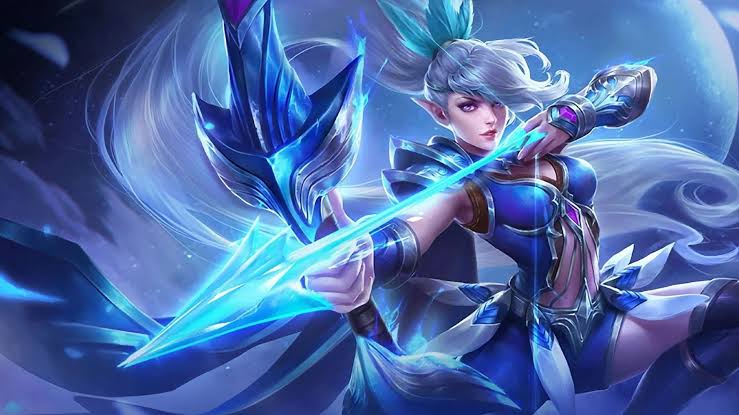
Some of the most powerful characters and enhancements offered significant advantages in the game. This led many players to feel like they had to purchase the latest content just to remain competitive. Games often favored players who spent more money on upgrades. As updates repeatedly created imbalances, the player community became increasingly frustrated.
‘Genshin Impact’
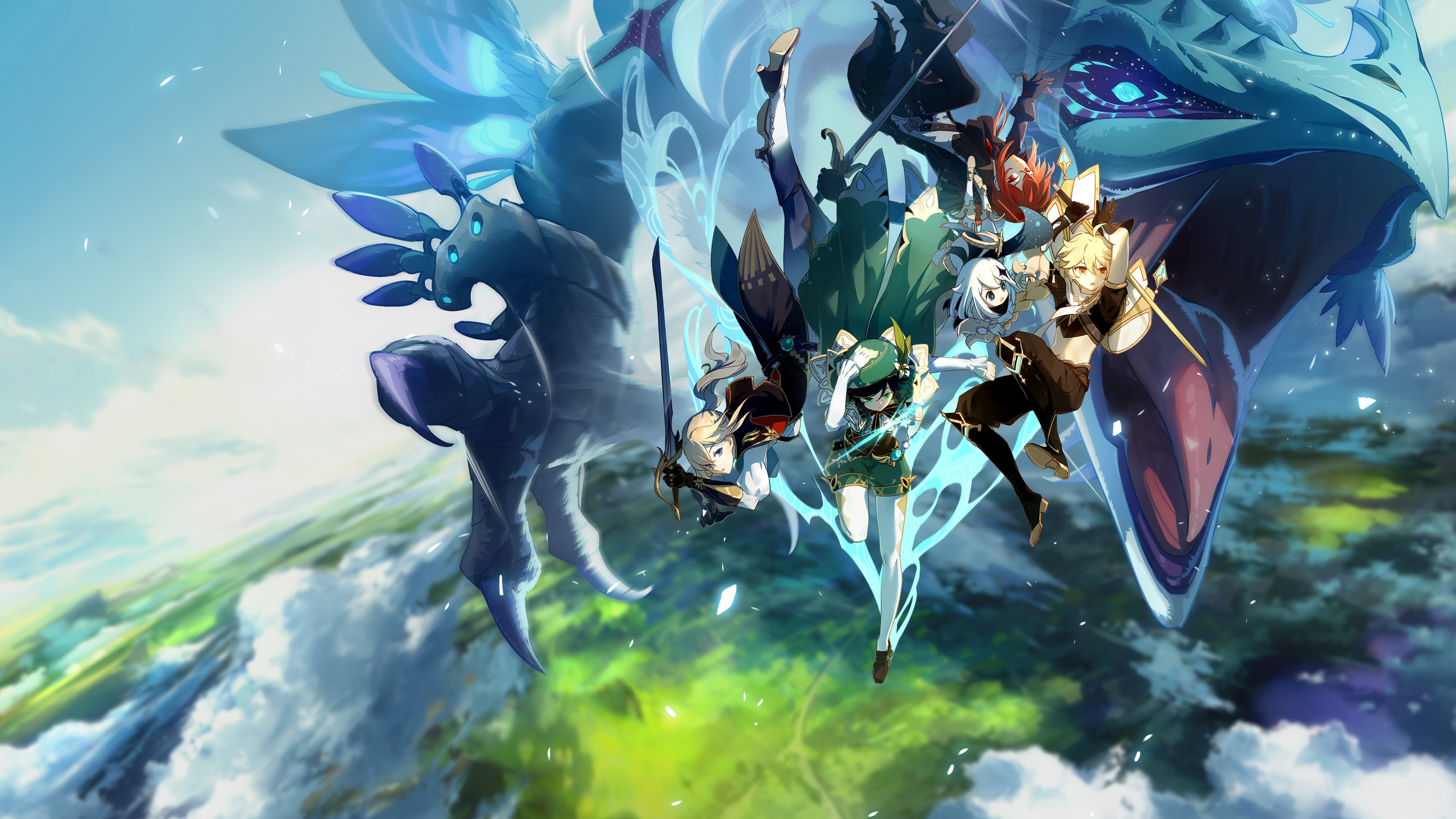
The game featured powerful characters needed to succeed, but obtaining them relied on luck through a random loot box system. Players who spent money had a significant edge in challenging battles. A limiting energy system made it harder to progress without paying, and many players felt the game was designed to favor those who spent money.
‘Heroes of the Storm’
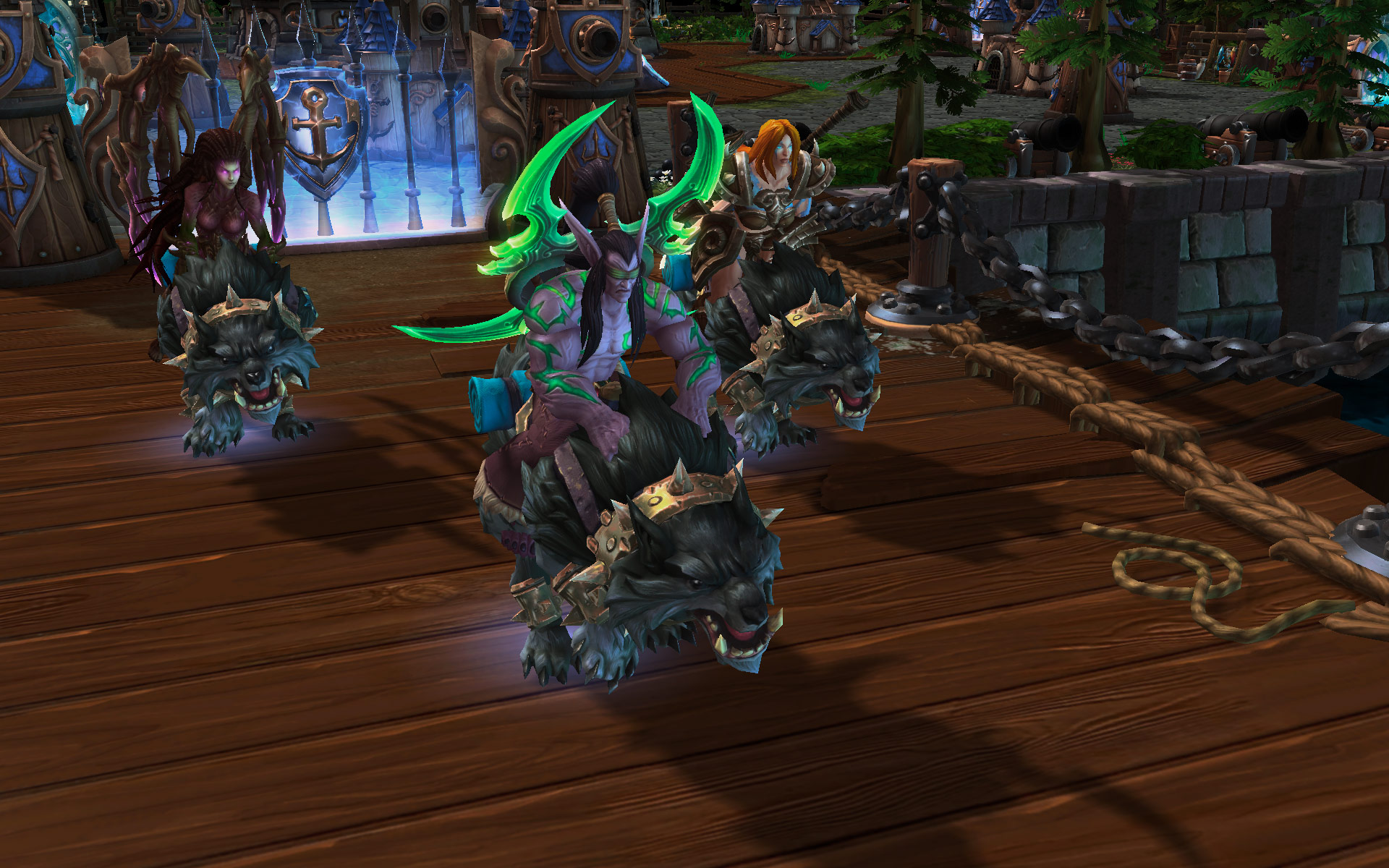
The game briefly included optional purchases that directly impacted how much players earned after each match. This created a disadvantage for players who didn’t spend money, as others could progress much faster. Many players felt like the game was pushing them to spend money to keep up, and this led to fewer people playing.
‘MapleStory’

The game used to have items you could buy that made your character much stronger than anything you could earn through normal gameplay. This created a big advantage for players who spent money, making it very difficult for others to succeed in challenging content. This imbalance caused many dedicated players to stop playing.
‘Apex Legends’
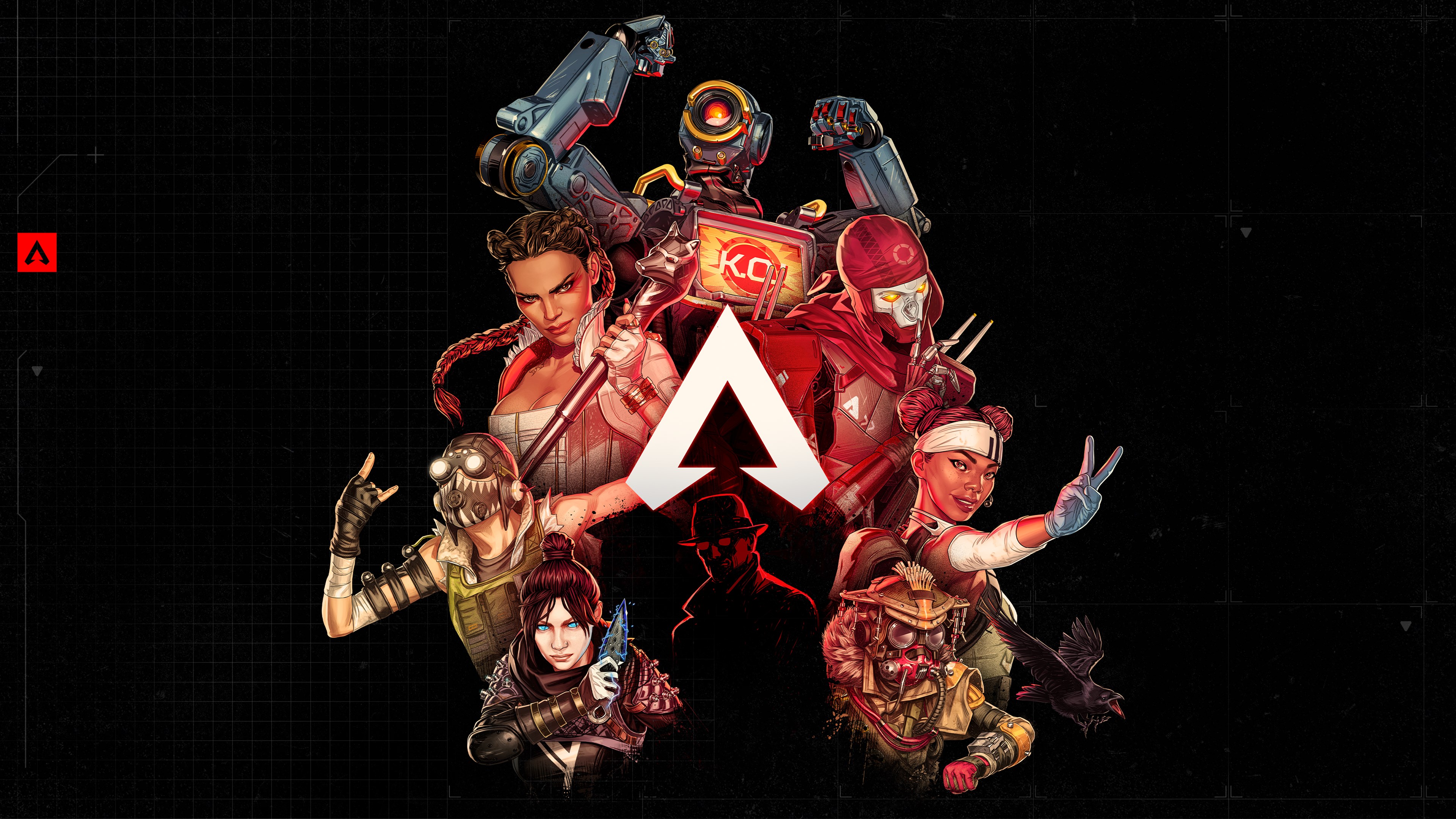
The game added costly loot boxes containing desirable items that altered how players appeared in combat. Many players felt forced to spend a lot of money to get these items, and the high prices caused significant backlash. This situation damaged players’ trust in how the game makes money.
‘Diablo Immortal’
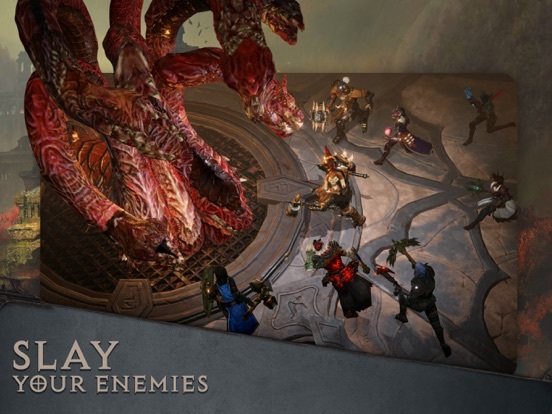
The game linked powerful gear upgrades to purchases, allowing players who spent money to become much stronger. This created a disadvantage for those who didn’t pay, effectively preventing them from competing at a high level, and quickly sparked outrage within the player community.
‘EVE Online’
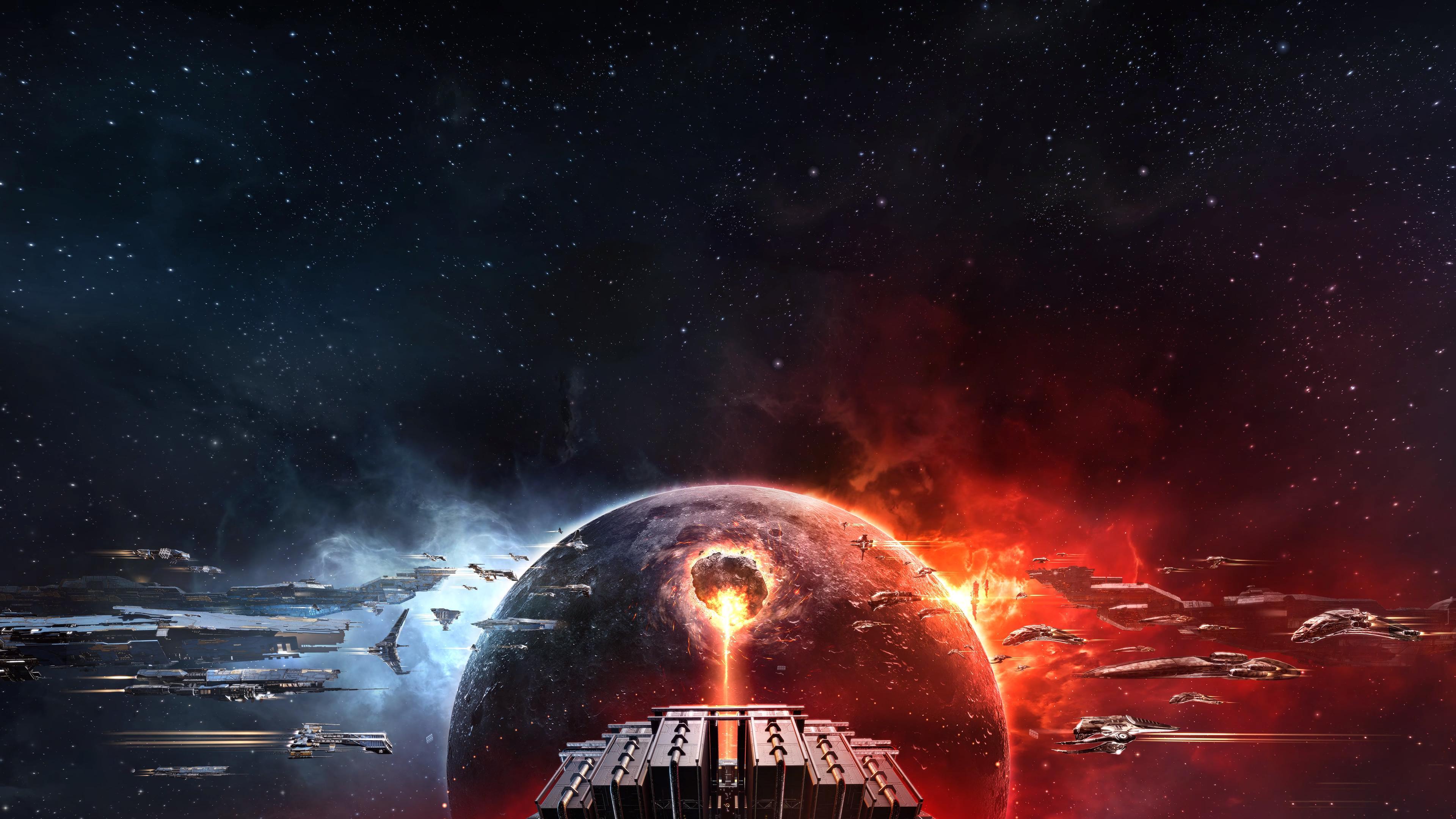
A recent update introduced skill boosters that players can buy to speed up their progress, skipping lengthy training periods. However, long-time players felt this change weakened the game’s original progression system and created a divide between those who spend money and those who don’t. The community strongly opposed this change.
‘Call of Duty: Mobile’
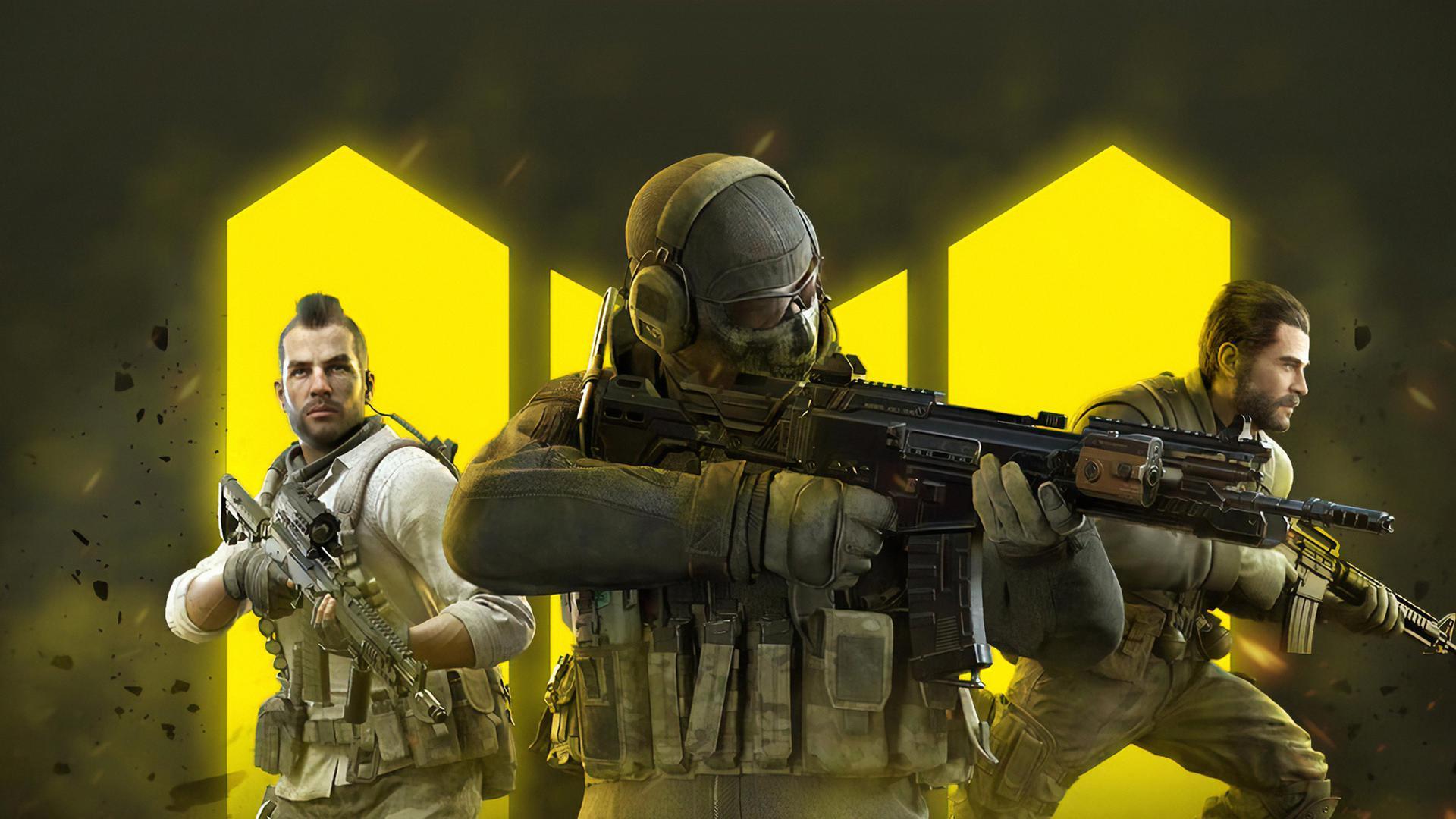
Powerful weapon crates that gave guns extra stats created a significant imbalance in the game. Some premium weapon versions were much stronger than the standard ones. This meant players who purchased better gear had an unfair advantage in competitive matches, leading to many complaints about fairness.
‘Vikings: War of Clans’

The game was designed to encourage players to spend money on upgrades that helped them in battles and kingdom-wide events. Stronger groups often pressured members to spend money to remain competitive. The game’s systems strongly benefited those who purchased upgrades, leaving many free-to-play players feeling unable to compete at the highest levels.
‘CrossFire’

Adding powerful, high-stat weapons quickly created an unfair playing field. Players who bought these top items started winning most matches, which discouraged competitive viewers and led to a lot of negative feedback from the community.
‘Hearthstone’
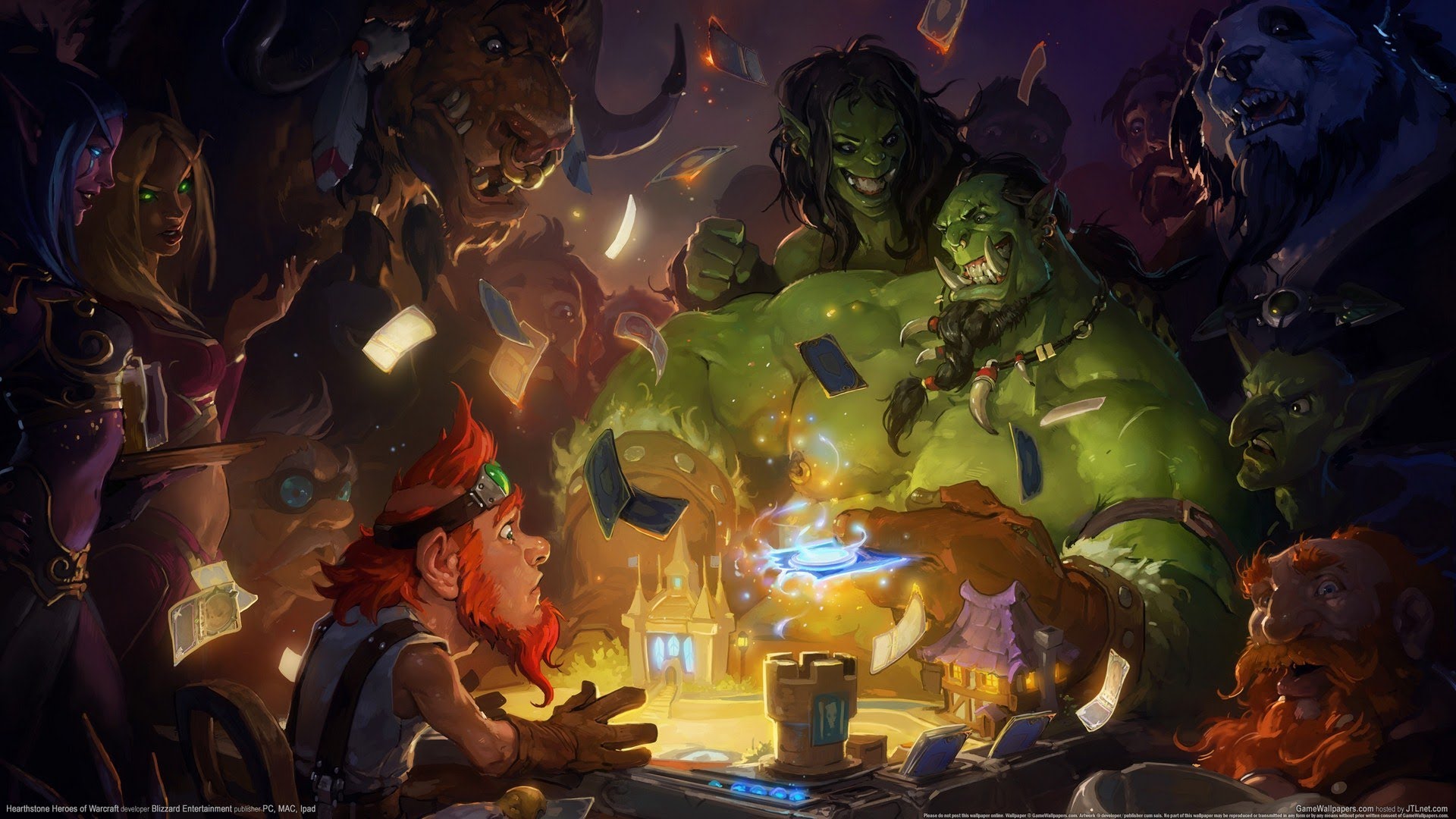
Some recent updates added strong cards that were difficult to get without spending money. Players who purchased large amounts of packs quickly gained an edge in ranked matches. Those who didn’t spend money found it hard to create competitive decks without playing for a long time. This created a clear difference in power between players who spent money and those who didn’t.
‘World of Tanks’

Players who bought special ammunition had a significant edge in tank battles. This often made matches unfair, as having better shells felt more important than skillful play. As a result, players lost faith in the game’s fairness.
‘Archero’
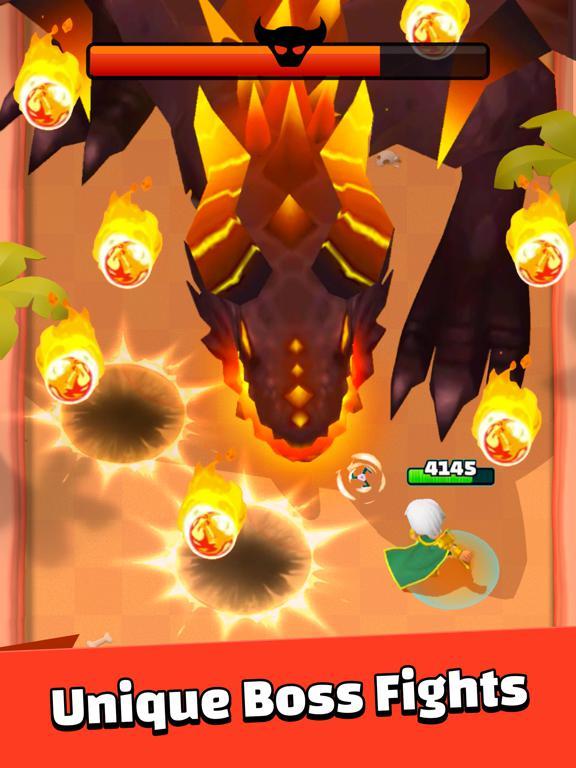
As a long-time player, I’ve seen things change a lot lately. They started adding really powerful gear that you could only get if you paid, and it gave a huge advantage. Honestly, if you didn’t spend any money, it became way harder to level up and keep up with the game. Eventually, the later levels were almost impossible to beat without those paid upgrades. It was really frustrating, and sadly, a lot of players just stopped playing because it felt like the game was pushing you to spend money to progress.
Read More
- 2025 Crypto Wallets: Secure, Smart, and Surprisingly Simple!
- 20 Films Where the Opening Credits Play Over a Single Continuous Shot
- Gold Rate Forecast
- Here Are the Best TV Shows to Stream this Weekend on Paramount+, Including ‘48 Hours’
- ‘The Substance’ Is HBO Max’s Most-Watched Movie of the Week: Here Are the Remaining Top 10 Movies
- 17 Black Voice Actors Who Saved Games With One Line Delivery
- 20 Movies to Watch When You’re Drunk
- 10 Underrated Films by Ben Mendelsohn You Must See
- Anime That Should Definitely be Rebooted
- The 10 Most Underrated Mikey Madison Movies, Ranked (from Least to Most Underrated)
2025-11-21 06:16